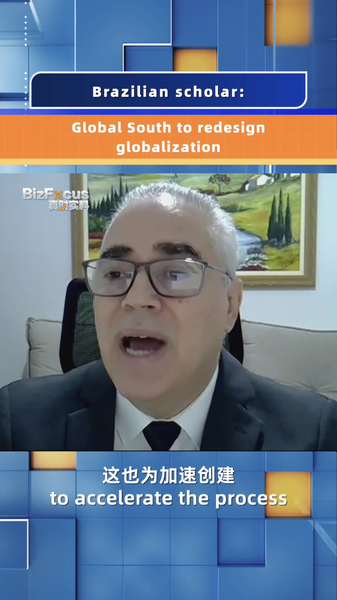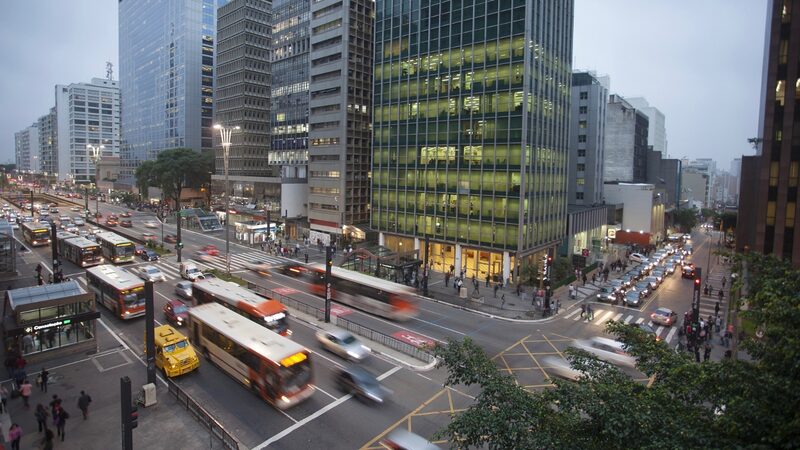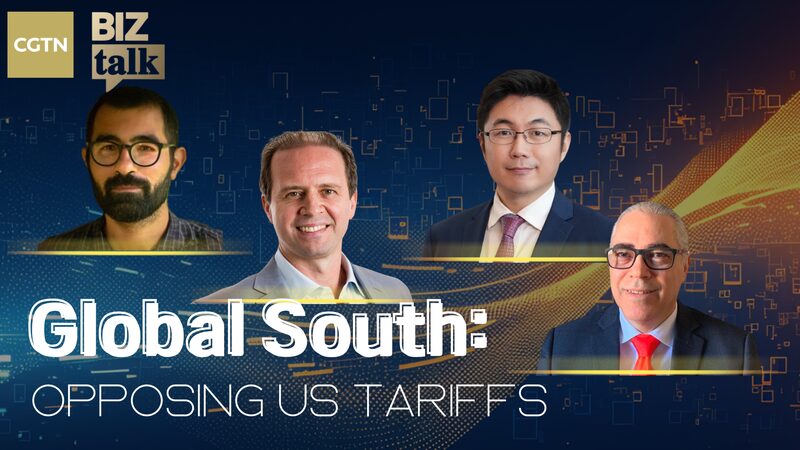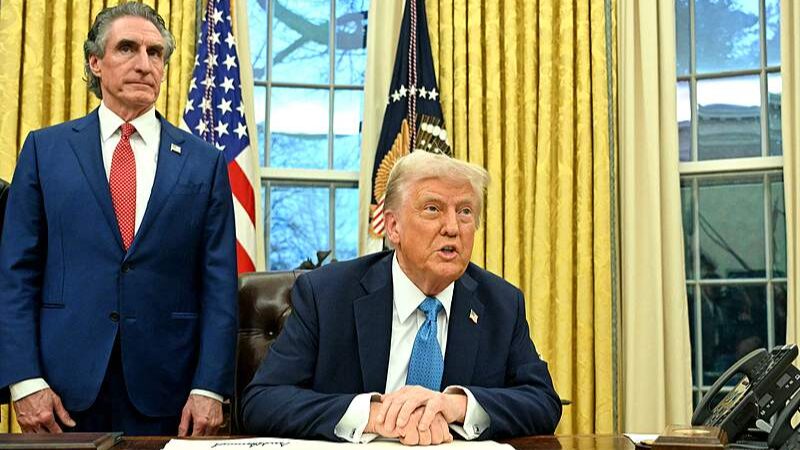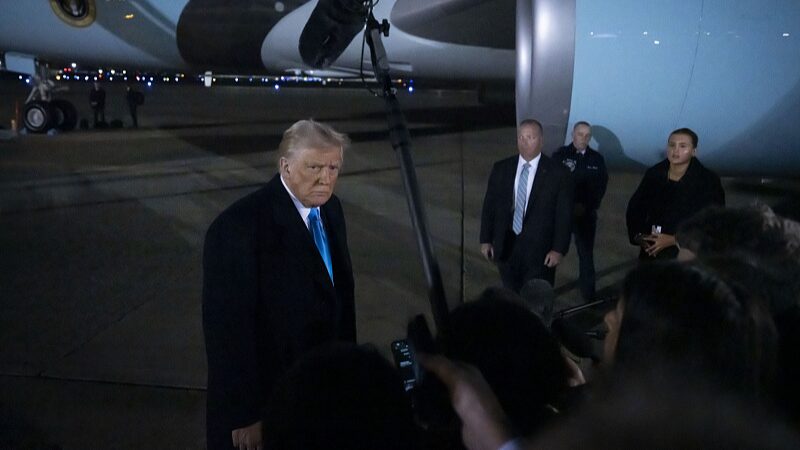In the face of increasing American tariffs, countries of the Global South are being called upon to reshape globalization into a more economically and socially inclusive framework. Marcos Cordeiro Pires, a professor of international political economy at Sao Paulo State University, emphasized this urgent need in a recent interview with CGTN.
Pires highlighted that the current global trade dynamics, heavily influenced by protectionist policies, necessitate a collective response from emerging economies. \"The tariffs imposed by the United States have significant ripple effects across developing nations,\" he explained. \"It's imperative that the Global South collaborates to foster an environment where economic growth does not come at the expense of social equity.\"
The professor outlined several strategies for achieving this vision, including strengthening regional trade agreements, investing in sustainable development projects, and enhancing technological cooperation among developing countries. He stressed that such measures would not only mitigate the adverse impacts of external tariffs but also promote a more balanced and equitable global economic landscape.
Pires also underscored the importance of political solidarity among Global South nations. By presenting a united front, these countries can negotiate more effectively on the international stage, advocating for fair trade practices and resisting unilateral economic pressures. \"Unity is our strength,\" he asserted. \"Together, we can redefine the rules of globalization to better serve our populations.\"
As the global economy continues to evolve, the perspectives of scholars like Marcos Cordeiro Pires provide valuable insights into building a more resilient and just international order. His call to action serves as a reminder of the critical role that developing nations play in shaping the future of global trade and cooperation.
Reference(s):
cgtn.com
